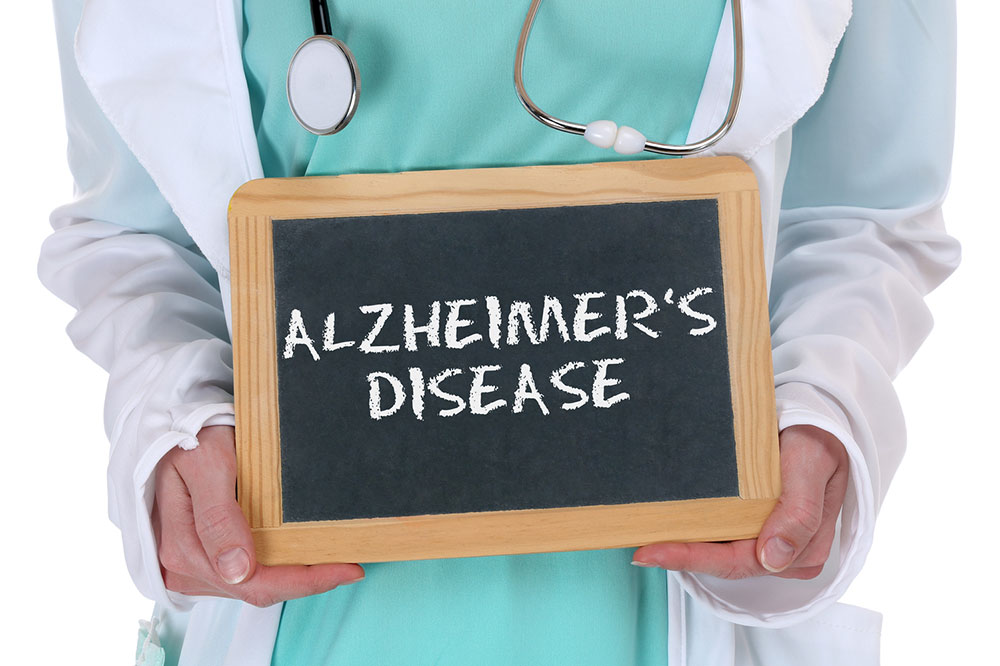Comprehensive Guide to Alzheimer’s Disease: Causes, Symptoms, and Strategies for Prevention
This comprehensive article delves into Alzheimer’s disease, exploring its causes, early symptoms, diagnosis methods, and effective prevention strategies. It emphasizes the importance of lifestyle choices in reducing risk and highlights the latest scientific understanding of the disease's pathology. Perfect for those seeking to understand or manage Alzheimer’s, this guide provides actionable insights for maintaining cognitive health and improving quality of life as we age.

Comprehensive Guide to Alzheimer’s Disease: Causes, Symptoms, and Strategies for Prevention
Alzheimer’s disease stands as the most common form of dementia, profoundly affecting millions worldwide. It is a progressive neurological disorder that causes gradual deterioration of brain cells, ultimately leading to significant decline in cognitive and functional abilities. Understanding this complex disease involves exploring its underlying causes, recognizing early signs and symptoms, and adopting effective prevention strategies to enhance quality of life for those at risk or affected.
Alzheimer’s disease is marked by a gradual decline in mental functions, including memory, reasoning, problem-solving, and language ability. Early stages often manifest as forgetfulness, difficulty concentrating, and occasional confusion, which can sometimes be mistaken for normal aging. As the disease progresses, individuals may experience severe memory loss, disorientation, changes in personality, and loss of independence. Although there is currently no cure, early diagnosis and management can significantly improve life quality and slow disease progression.
Alzheimer’s affects a wide range of cognitive and behavioral functions, including:
Memory
Decision-making
Reasoning
Personality
Behavioral patterns
Language skills
Problem-solving abilities
Causes and Pathological Changes: Despite extensive research, the precise cause of Alzheimer’s remains elusive. However, scientists agree that certain pathological changes in the brain are central to the disease. Notably, the accumulation of abnormal protein deposits, such as beta-amyloid plaques and tau protein tangles, damages neuronal structure and disrupts communication between brain cells. These deposits interfere with the brain’s normal functions, leading to the progressive cognitive decline observed in patients.
Factors influencing the likelihood of developing Alzheimer’s include a combination of genetic, environmental, and lifestyle contributors. Recognized risk factors are as follows:
Age: The risk for Alzheimer’s significantly increases beyond the age of 65, reflecting the natural decline in brain resilience with aging.
Genetics: A family history of Alzheimer’s and specific gene variants such as APOE e4 elevate susceptibility.
Lifestyle and Habits: An unhealthy diet rich in processed foods, lack of physical activity, smoking, excessive alcohol intake, and low mental engagement are associated with a higher risk of developing the disease.
Diagnosis and Detection: Physicians employ a combination of cognitive assessments, medical history review, neurological examinations, and sometimes brain imaging tests such as MRI or PET scans. These tools help distinguish Alzheimer’s from other types of dementia and identify the disease at its earliest stages.
Prevention and Risk Reduction: While Alzheimer’s cannot be entirely prevented, adopting healthy lifestyle habits can substantially reduce risk and delay onset. Effective strategies include:
Maintaining a balanced diet rich in antioxidants and omega-3 fatty acids, such as the Mediterranean diet
Engaging in regular physical exercise to boost brain and body health
Controlling blood pressure, cholesterol, and blood sugar levels
Avoiding smoking and limiting alcohol consumption
Staying mentally active through hobbies, learning new skills, and social interactions
Managing stress effectively and ensuring quality sleep
When to Seek Medical Help: Early recognition of memory loss, confusion, personality changes, or difficulty performing routine activities warrants prompt consultation with healthcare professionals. Early diagnosis allows for better management, support planning, and access to emerging treatments that may slow disease progression.
In conclusion, Alzheimer’s disease remains a major health challenge globally, but increased awareness, early detection, and proactive lifestyle choices can help manage its impact. Continued research offers hope for future breakthroughs, including potential cures or more effective therapies. It is crucial for individuals and families to stay informed, seek medical advice when needed, and adopt healthy habits to safeguard brain health well into old age.





